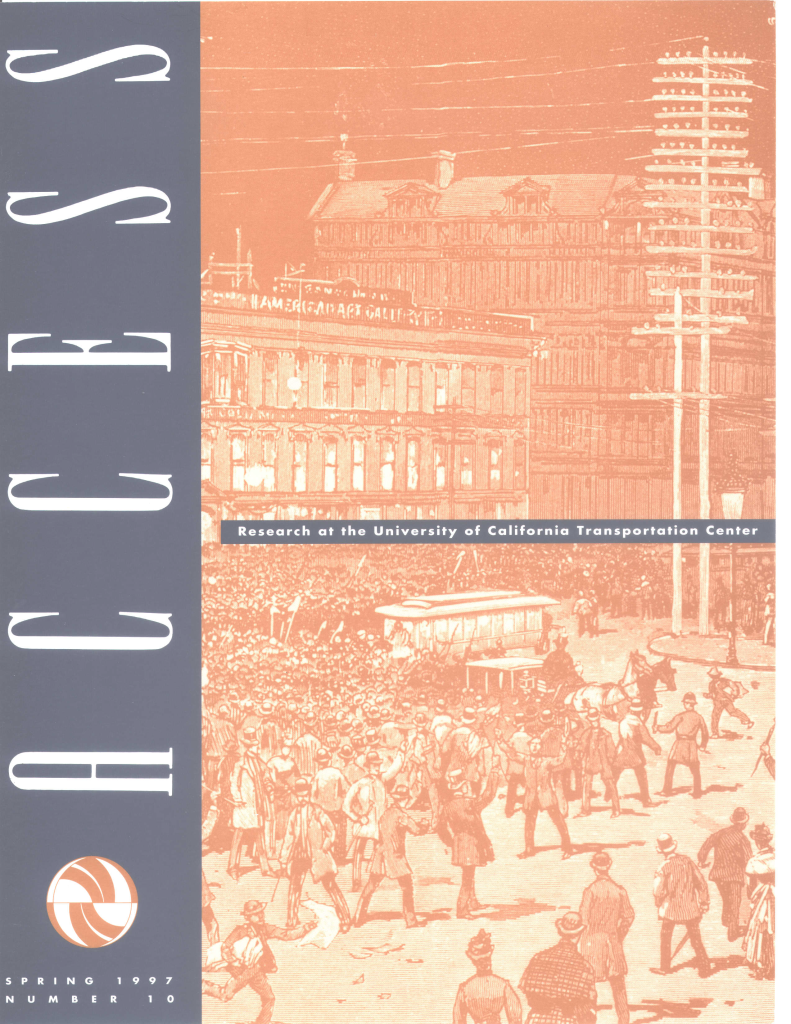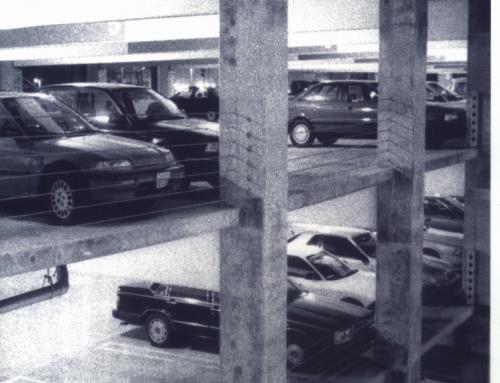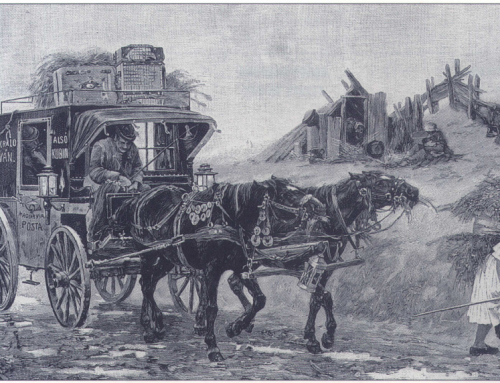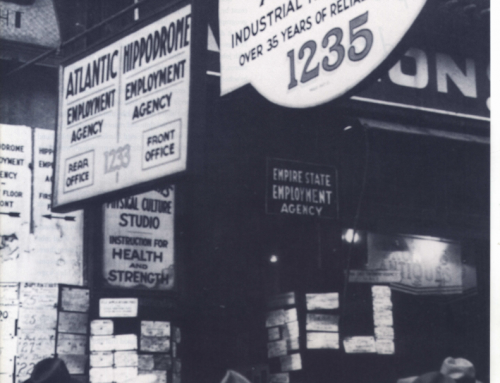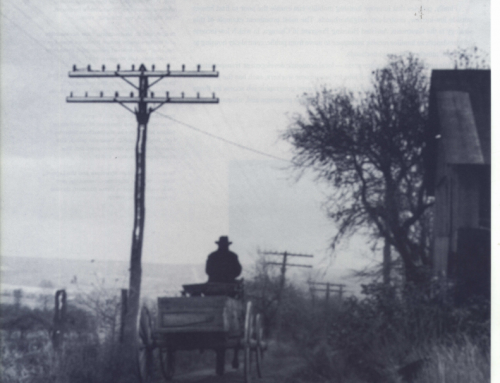This is the tenth issue of ACCESS, and the University of California Transportation Center will soon reach its tenth anniversary. Such milestones call for celebration, congratulations, and contemplation of the future.
In the United States the private and public sectors collectively spend over a trillion dollars annually on passenger and freight transportation, exceeding 11 percent of gross domestic product. Yet, compared with other countries and other sectors of the domestic economy, we devote only a tiny proportion of those resources to research. The US Department of Transportation allocates less than 2 percent of its budget to research programs. Since 1980, support for transportation studies has declined steadily, and public transit research now accounts for only 1.1 percent of the Federal Transit Administration budget.
The states and private industry also conduct transportation research, but a recent report by the US General Accounting Office concluded that state and industry studies focus on solving specific operational problems rather than on new policies or long-term approaches to better transportation. The GAO report says that the current mix of  transportation research gives far too little emphasis to long-term, high-risk policy studies that may over time fundamentally change the way we transport people and goods. And despite many statements urging intermodal approaches, the Transportation Research Board recently estimated that DOT devotes not more than five million dollars a year to research on intermodal transportation issues and policies.
transportation research gives far too little emphasis to long-term, high-risk policy studies that may over time fundamentally change the way we transport people and goods. And despite many statements urging intermodal approaches, the Transportation Research Board recently estimated that DOT devotes not more than five million dollars a year to research on intermodal transportation issues and policies.
For the past decade, UCTC has funded policy-oriented research at the University of California. It is a small but important part of our national transportation research program, committed to exploring new directions and to educating the next generation of transportation leaders. We deeply appreciate the sponsorship of the US Department of Transportation, the California Department of Transportation, and the University of California. UCTC has benefited greatly from the support provided by the Intermodal Surface Transportation Act (ISTEA). That law will expire next September, and we hope that those crafting the federal legislation to succeed ISTEA will continue to recognize the critical roles of education and research in the future of the transportation system.
In this edition of ACCESS, you will find pithy accounts of recent research sponsored by UCTC and carried out at several University of California campuses. There is also a listing of detailed reports that you may obtain if you wish to learn more about our completed studies. We are especially proud that several authors who have contributed to this issue were graduate students when they conducted their projects. There is no line between education and research, between teaching and learning. UCTC is a community of transportation scholars – faculty members and students – working together to address current issues of transportation policy from many perspectives and many fields of expertise. They share a common goal: to improve public policy in transportation and thereby to improve the quality of life.
This edition of ACCESS marks the completion of my first year as Director of UCTC. My transition to this position has been hectic but remarkably easy because of the help of generous and competent people. I thank Elaine Joost of the Research and Special Programs Administration of the US DOT and Pat Cass, who recently retired from the same organization. I deeply appreciate the support and advice of John West and Wesley Lum of Caltrans. They all have overseen our programs with wisdom and sensitivity.
I wish to acknowledge the irreplaceable role played by Briggs Nisbet, UCTC Administrator, who keeps the Center running on an even keel through her patience and judgment. Luci Yamamoto is the adept editor of ACCESS, and Beth Louden berg, the creative graphic designer. Together they make this magazine both readable and attractive. Melvin M. Webber, the founding Director of UCTC, is the primary reason for the success of the Center and of ACCESS. He has engendered a community spirit and a sense of direction among all working at UCTC, and he continues to hold us to the highest of standards. He brings to our work the clear message that transportation research and education are about fundamental human values as well as technical achievements.
Martin Wach
Reference
Surface Transportation: Research Funding, Federal Role, and Emerging Issues, United States General Accounting Office Report GAO/RCED-96-233, September 1996.

